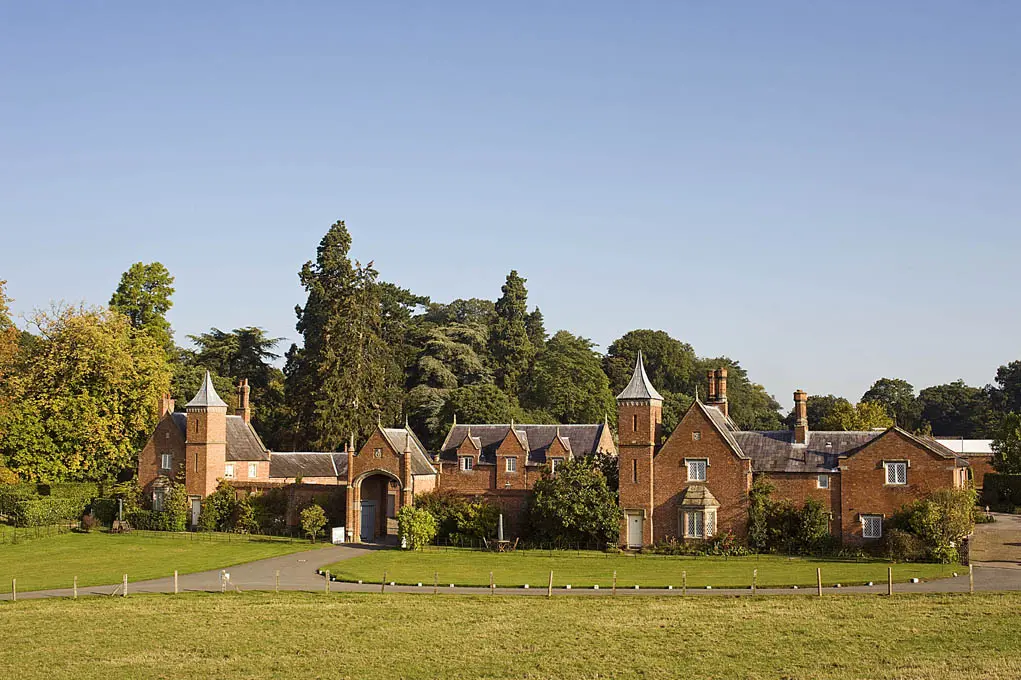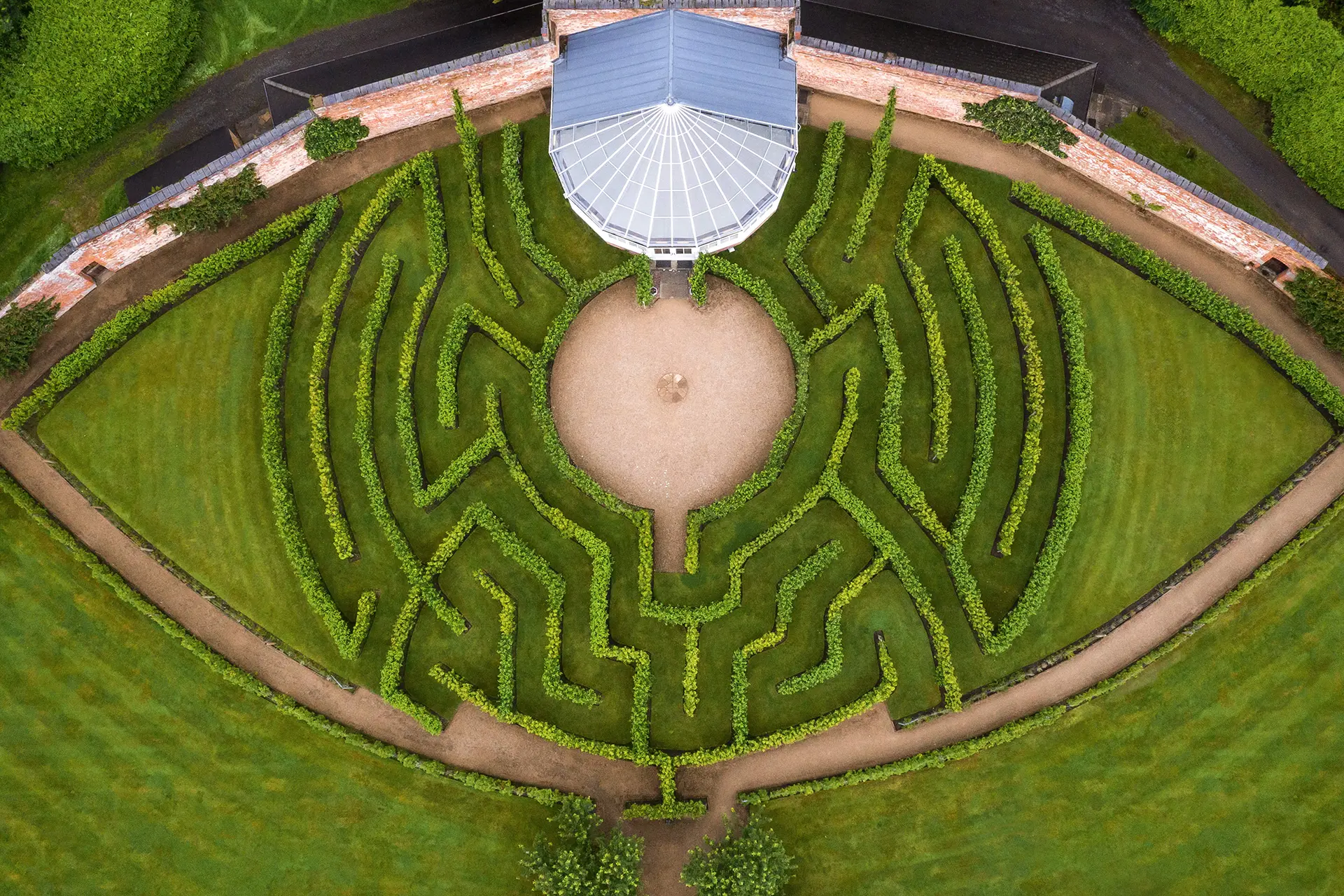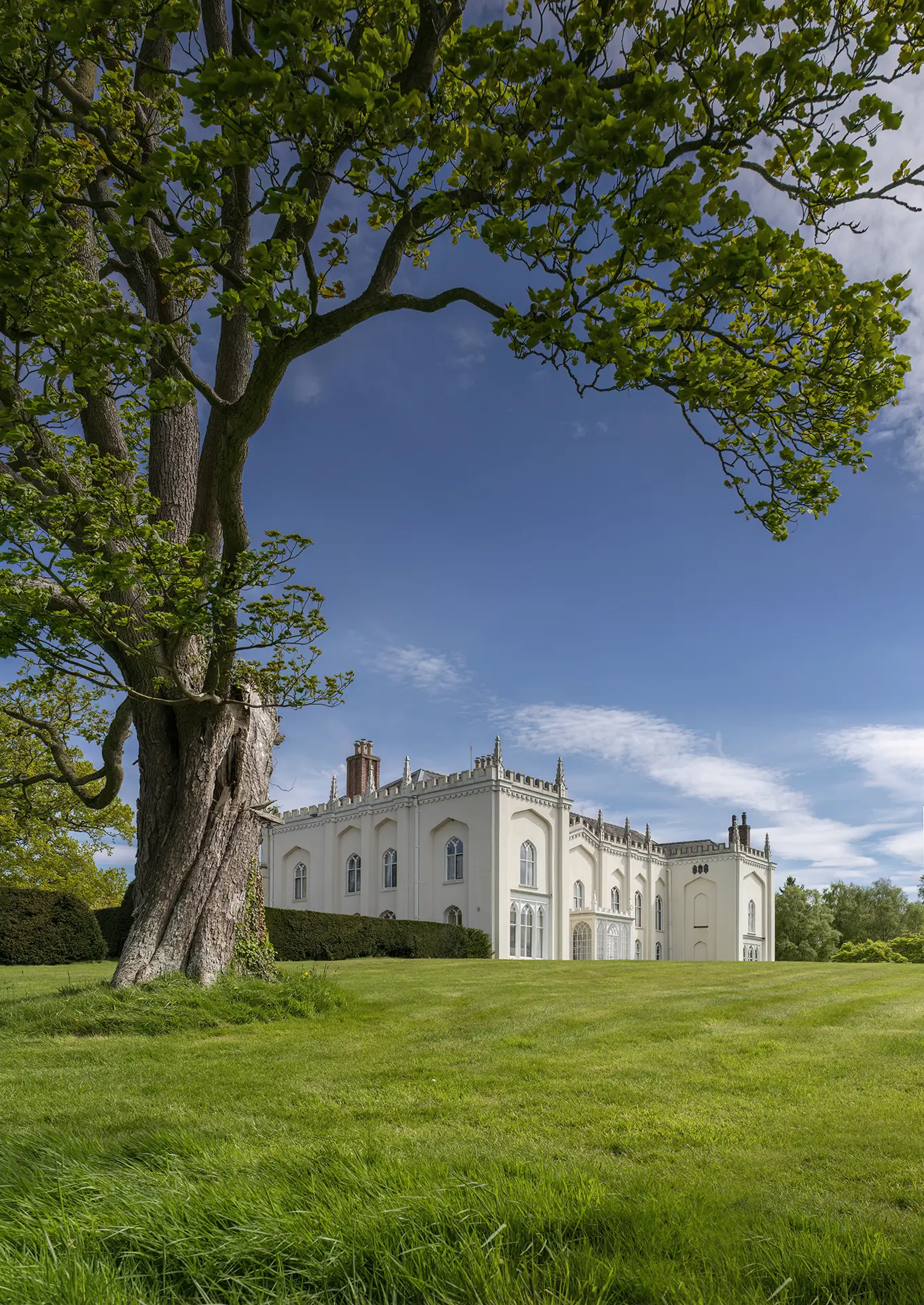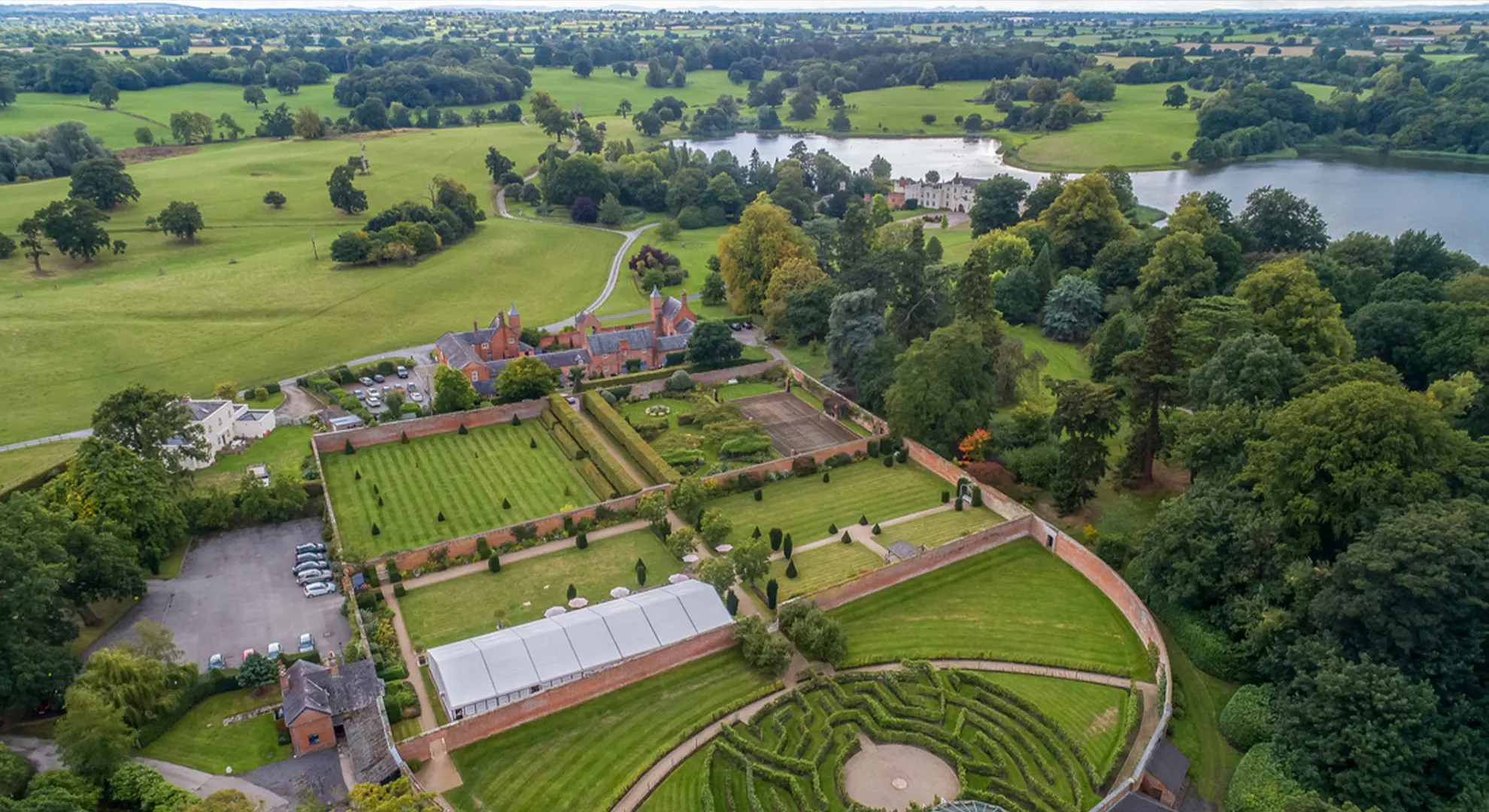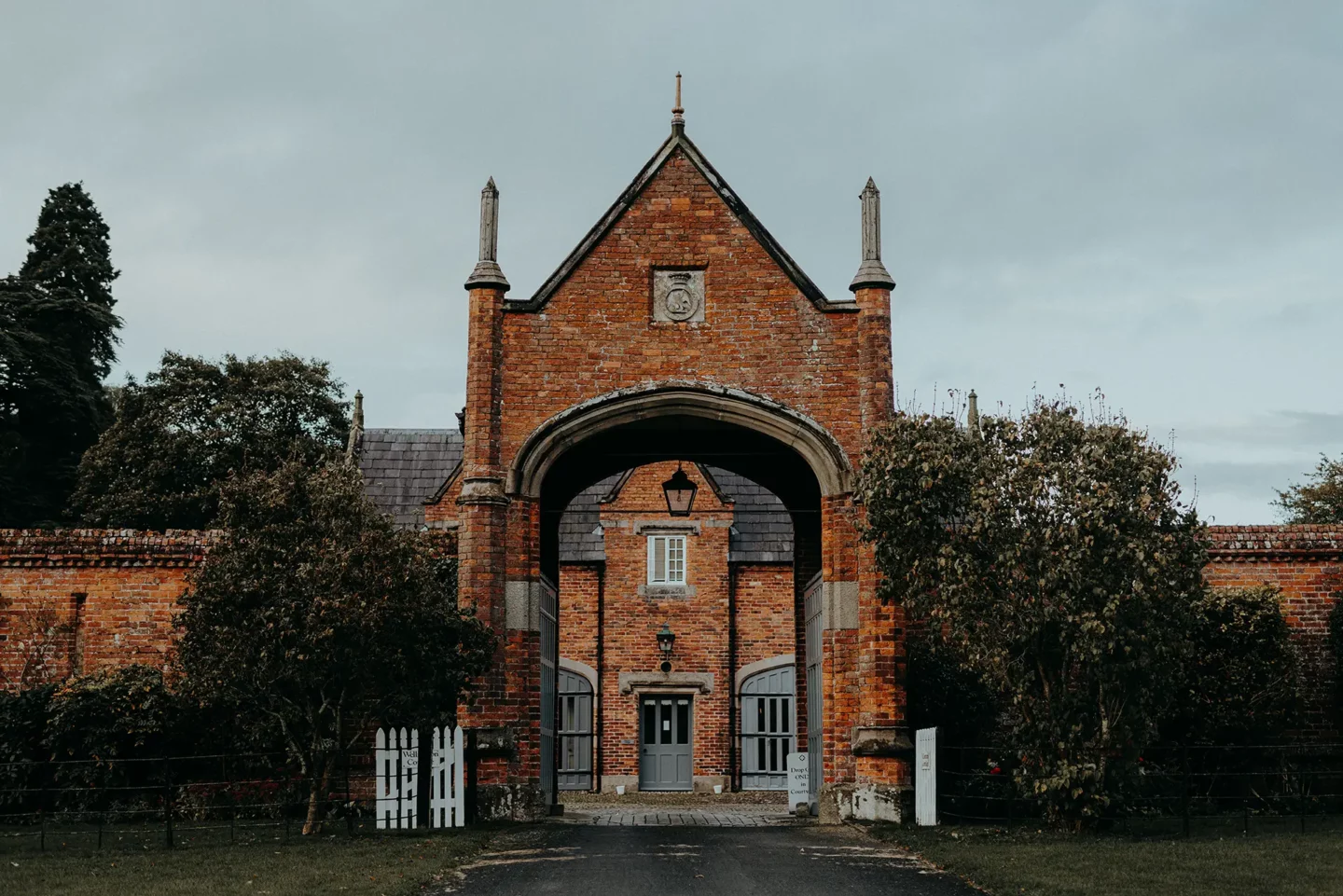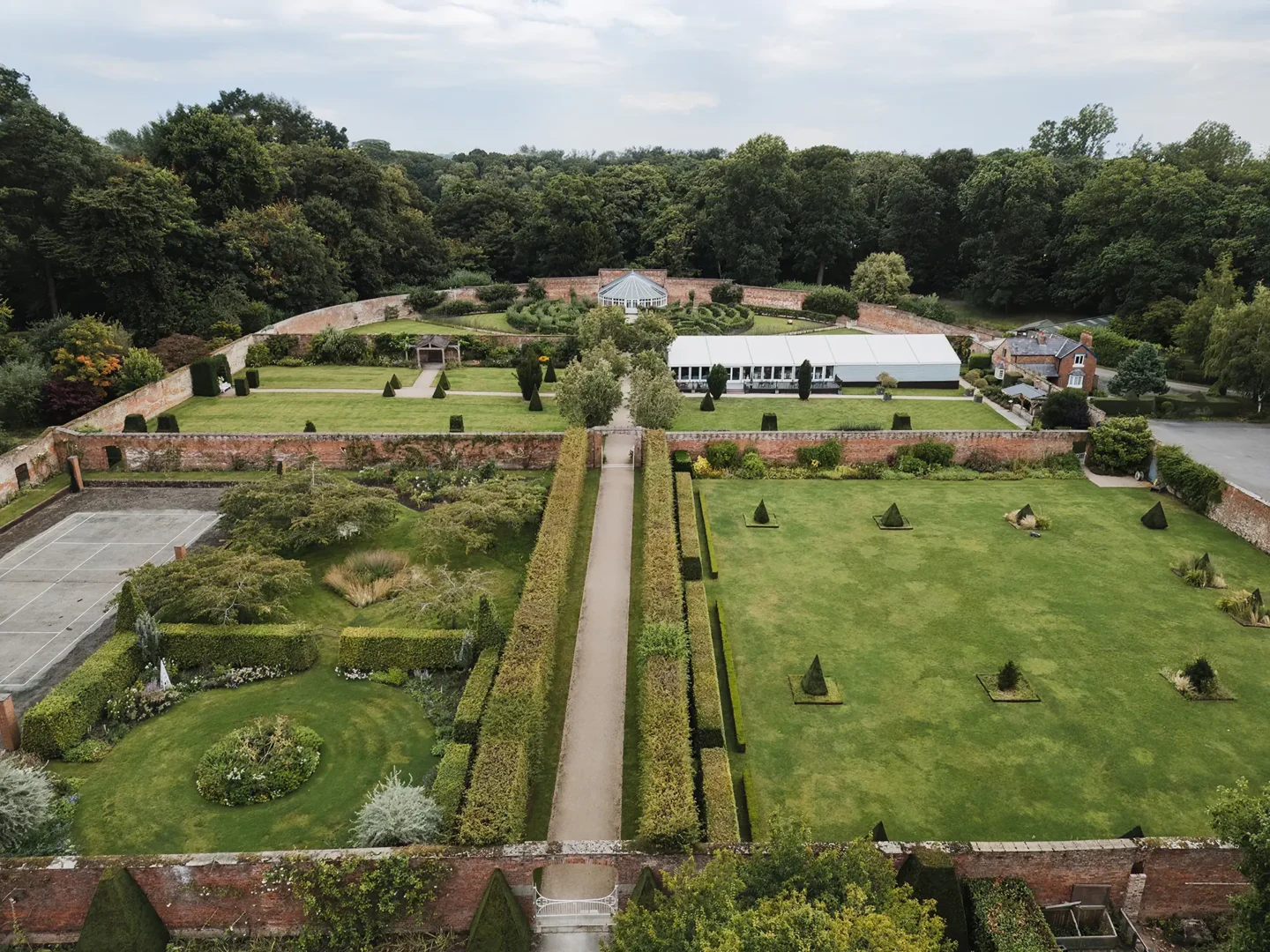Previously…
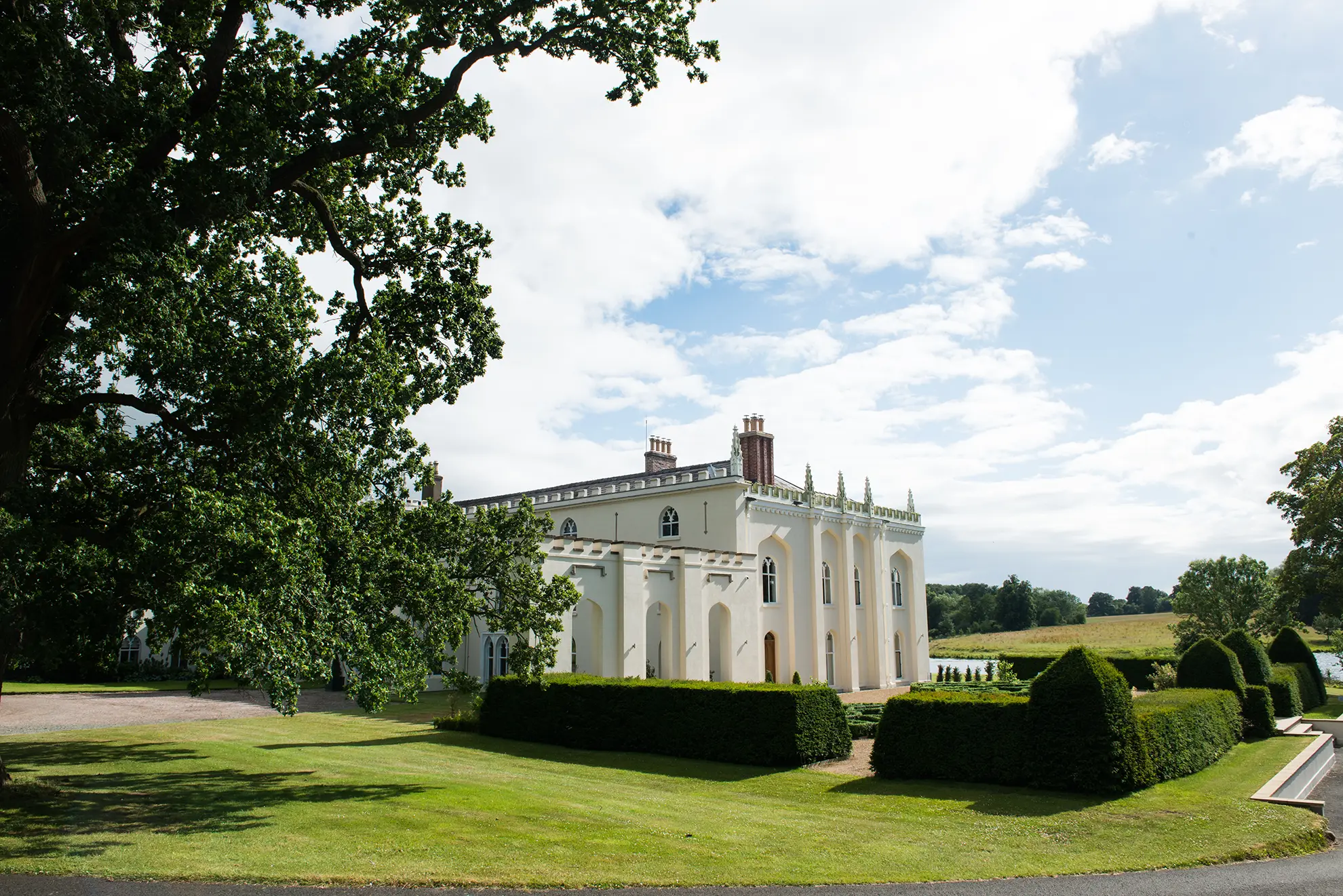
Sustainability at Combermere Abbey
Sustainability – 05.08.24
Experience sustainability at Combermere Abbey – our journey to a greener future
Sustainability is a hot topic, and we’re about to explore all the great efforts we have gone to as we work towards an eco-friendly future at Combermere Abbey. By embracing greener practices, we’re not just reducing our environmental impact, we’re also contributing to a healthier planet for future generations. From reducing waste to conserving energy, every step we take on the estate helps ensure that the wonderful natural environment at Combermere Abbey remains a beautiful and sustainable place for all of our visitors to enjoy.
Eco-friendly travel
We understand the importance of reducing our carbon footprint, which is why we’ve installed an EV charger at the North Wing. This allows guests travelling in electric cars to recharge while enjoying a stay with us in our 5* B+B. There are plans to install 2 chargers at our luxury holiday cottages before the end of the year. By minimising travel emissions and giving your car a holiday too, you contribute to our green efforts. Plus, our extensive grounds provide plenty of space for you to discover on foot.
Responsible waste management
We welcome dogs in our cottages, and to make sure that their poo does not disrupt our beautiful surroundings, we’ve installed dog refuse bins at key points on the estate. Made inhouse by our gardener Ben from recycled wood, this small but significant step helps keep our grounds clean and pleasant for everyone. It’s also part of our broader waste reduction strategy, which includes minimising single-use plastics and promoting recycling throughout our property.
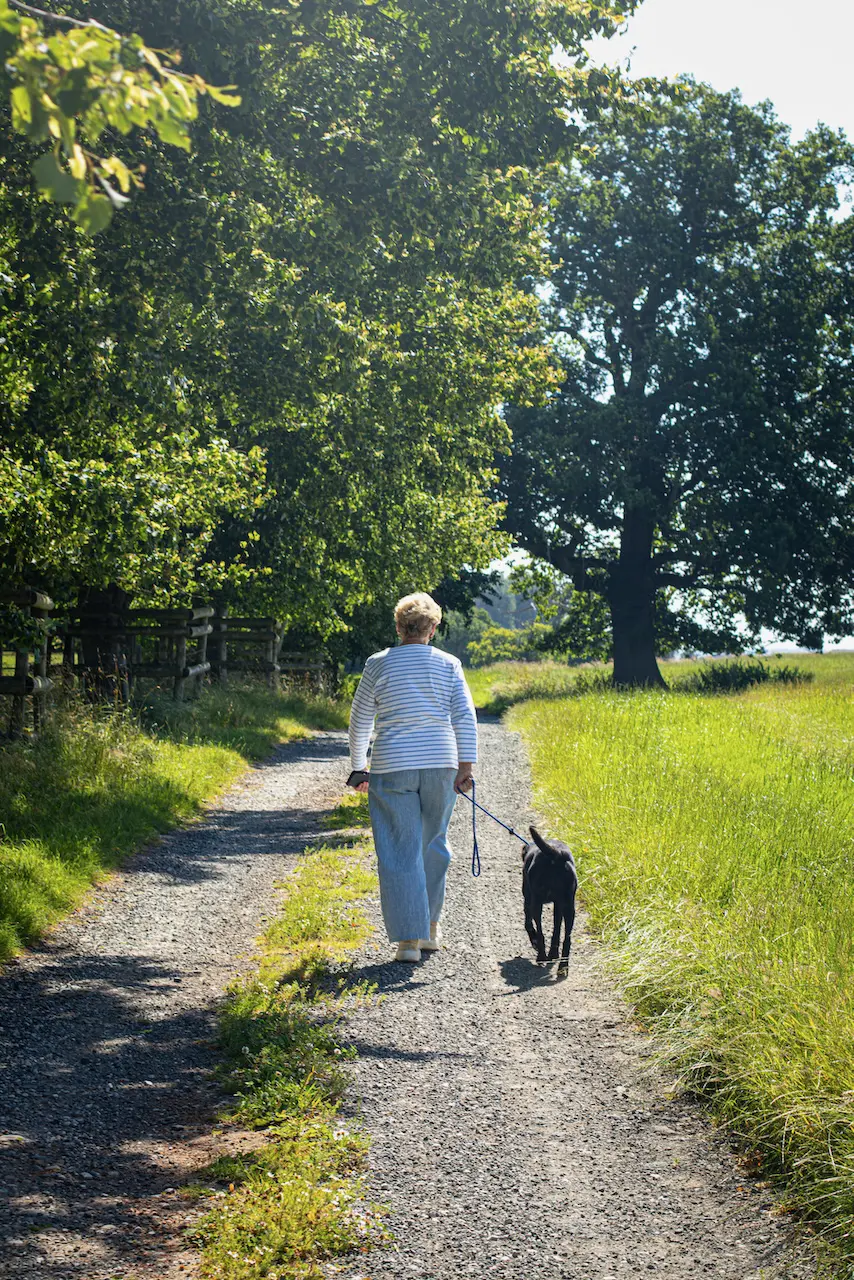
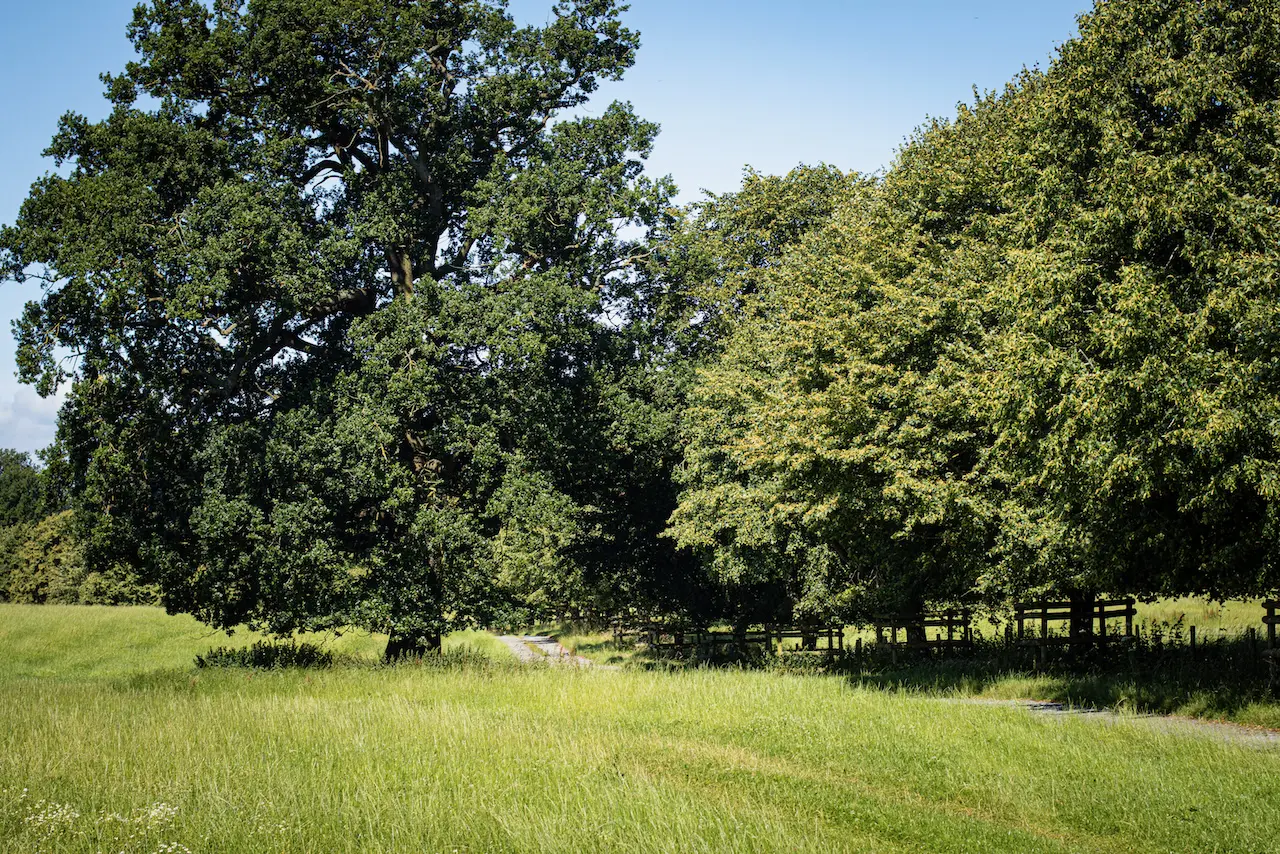
Water management
As well as rainwater recycling at The Glasshouse wedding venue in the walled gardens, in 1993 we installed a reed bed sewage system to handle the dirty water from the holiday cottages and wedding venue. We were an early adopter of the process, establishing it even earlier than Highgrove!
A commitment to organic and natural
Combermere Abbey has been managed along organic principles since 1997. Our dedication to sustainability is evident in the wonderful birdsong, and regenerative farming principles which enhance the wildlife habitat. The extensive ancient woodlands and garden spaces are enhanced by planting new trees annually. We are also designated as a Site of Special Scientific Interest (SSSI) due to the large number of winter birds on our mere, one of England’s largest privately owned natural waters.
Supporting local and ethical producers
We believe in the importance of supporting local businesses and ethical sourcing. The area surrounding the estate is home to many food producers who sell traditionally prepared and locally sourced products. During your stay, we encourage you to explore the nearby farm shops, markets and independent shops. It’s a wonderful way to make your staycation more sustainable backing entrepreneurial producers instead of the supermarkets.
Local and home-grown delights
At Combermere Abbey, we take pride in offering our guests home-grown and locally sourced food. From the fresh produce included in our breakfast hampers for wedding and holiday guests, to the home-cooked breakfast in the North Wing B&B, we prioritise ingredients from trusted and award winning local independent producers. As an estate it is vital to work with small local businesses and celebrate the farm to fork concept. It also reduces our environmental impact by cutting down on food miles.
Would you like to reduce water waste and your energy bills while still protecting the environment? Here are Sarah Callander Beckett’s top five tips to help you live a more sustainable lifestyle at home:
One – Turn off the tap
The average 10-minute shower uses around 150 litres of water, compared to about 80 litres for a full bath. Simple changes like taking shorter showers, not leaving the shower running while shaving, and installing water-saving shower heads can make a big difference. Don’t forget to turn off the tap when brushing your teeth; keeping it running for two minutes can waste around 12 litres of water.
Two – Use washing machine and dishwasher for full loads
A typical washing machine runs 50 litres of water. Ensure you only run full loads to maximise efficiency and reduce water waste. The same applies to dishwashers—use an economy or half-load setting if available.
Three – Don’t overfill the kettle
Boiling more water than needed wastes water and electricity. Use an energy-saving kettle with a guide for the number of cups or invest in a boiling water tap, which uses heat-exchange technology to reuse energy.
Four – Reduce toilet flushing
Modern toilets often have dual flush options. Use the full flush only when necessary. For single-flush toilets fitting a plastic bottle or flush bag in the cistern can save significant amounts of water. As a historic property, we are rigorous about what can and cannot be put down the toilet,
Five – Install a water butt in your garden
Collect rainwater to use for watering your garden and cleaning your car. This can save huge amounts of water compared to using a hosepipe. Plants prefer rainwater due to its natural nutrients and lack of added chemicals.
We are passionate about our environment, its protection, enhancement and long-term sustainability. We recognise the importance of acting smart and by following these tips, you can make a meaningful impact on reducing water waste, conserving energy, and protecting our environment. Every small step counts toward creating a more sustainable future.
